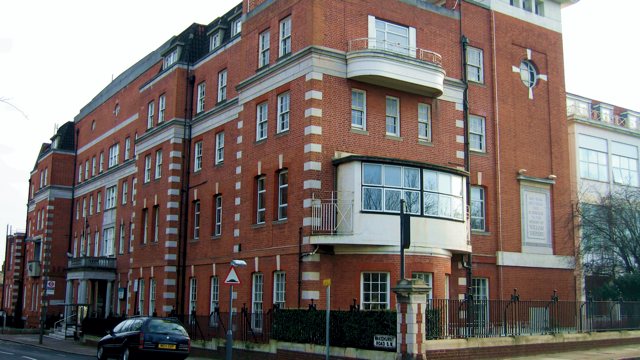
Having been a little cynical about the value of some meetings I found myself rather enjoying last night’s full council, despite it being a meeting in which I made no contribution other than voting.
The key debate was on the Bolingbroke free school, and free schools more generally. It was fascinating because, for the first time in a long long time we had a debate about policy at a full council meeting. Usually the debates are rather sterile, over a decision the council is taking. And while this was the same to a degree (the council has, of course, bought the Bolingbroke site from the NHS to create the school) it managed to go beyond it into the broader policy of free schools and education.
Before the election both parties were in favour of the free school. That has now changed for the Labour party. Indeed, listening last night I’m not sure they were ever really in favour of free schools, since they had some pretty fundamental objections. And that’s what made for a good debate – it wasn’t over a decision, it was over principle.
I’m a fan of free schools. I think it’s a good policy. I have faith in the individual to know what’s best for them, and their loved ones. So, just as I believe the NHS reforms are better because they are bring key parts of the NHS closer to the patients, I believe education reforms are better because they give more power to parents.
The Labour party line was two-fold. First, that we shouldn’t spend money on a new school when there was a deficit. This, of course, misses the point that purchasing a school site is a one-off, whereas the deficit is something that recurs every single year – we could use the money to plug the gap, but it would be swallowed after something like four months. The school will remain an asset, and one that brings in rental from the school.
The second was that this is an issue of the have and have-nots. The evidence they offered in support of this was that Northcote, where the Bolingbroke is sited, is one of the borough’s more affluent wards.
Actually the distinction is between the wills and will nots.
Edward Lister, responding to the debate, spoke of his ambition of seeing free schools across the borough. The locations of the schools is not defined by the council, but by the parents. If they want a free school, they can start one and the council will support them. There is no compulsion to either set one up or just sit back and use the existing state provision.
It might be valid to comment that, of course, the policy is skewed towards the more affluent, because they have the wherewithal to organise and set up a school. But I’ve always been uncomfortable with this argument, which seems to me a horribly patronising attitude to suggest a whole group of people are capable of nothing else than being meek clients of the state.
It might well be that we haven’t got the necessary support in place to help people set these schools up (it’s a new policy and I think everyone is learning as they go), but that’s a totally different argument.
But as the debate drew towards an end I heard what I think was the most convincing argument in favour of a free school. And it came from Labour’s Andy Gibbons, their education spokesman! The problem, he explained, was about equality. It’s all very well having a school like the proposed academy at Bolingbroke, but it’s just not fair that it would be better than other schools. And that shocked me; shocked me and persuaded me that the free school was the right thing. Equality is one thing, but essentially they were arguing for absolute equality, uniform education and uniform standards, across the borough. An homogenised education system in which everyone succeeds – or fails – at the same level, where schools have no incentive to improve and parents can only exercise real choice if they are lucky enough to be able to afford private education.
We readily accept competition in so many parts of our life. It’s natural, and we see the benefits, it gives us choice; businesses have to ensure they are offering something different (whether that’s on price, quality or experience) that attracts the ‘customer’. We never (well, rarely) hear the argument that segments of society are unable to take advantage of this competition, so we should close Asda, Tesco, Sainsbury’s and Waitrose in favour of a state provided supermarket.
The Bolingbroke Academy enhances the ‘competition’. The benefits are not restricted just to that school, but to all the schools that have to ensure they are attracting pupils. And those benefits are not limited just to the area, but will be realised anywhere that enough parents want to set up their own free school.
What’s not to like?

 Offers of places in the borough’s primary schools last week and while many parents will be pleased with the schools their child has been offered many will have been disappointed. About a third of parents did not get their child into their first choice of school, and while there will still be some change (people may move or transfer to the private sector) there won’t be enough to change to mean everyone gets their choice.
Offers of places in the borough’s primary schools last week and while many parents will be pleased with the schools their child has been offered many will have been disappointed. About a third of parents did not get their child into their first choice of school, and while there will still be some change (people may move or transfer to the private sector) there won’t be enough to change to mean everyone gets their choice.